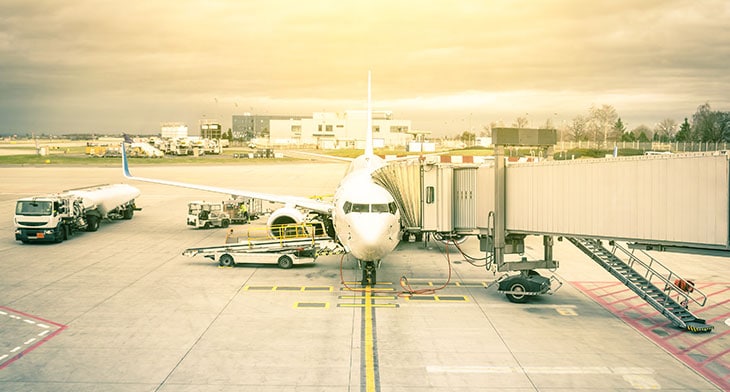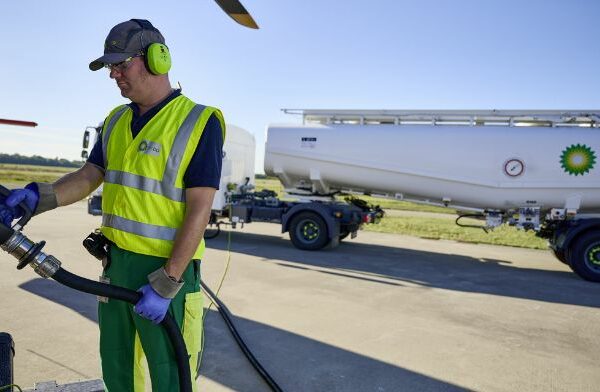


The Airport Services Association (ASA) and Airports Council International (ACI) Europe have issued a joint statement addressing the complex operational issues faced by ground handlers and airports alike as we enter what the industry is forecasting will be a busy summer travel season.
While ASA’s Managing Director, Fabio Gamba, and ACI Europe’s Director General, Olivier Jankovec, welcome the return of air travel after the devastating impact of COVID-19 on their respective industries, they agreed that the recovery of passenger traffic has accelerated sharply and suddenly. “While still remaining below pre-pandemic (2019) levels, passenger traffic has also become much more concentrated over peak periods,” their statement read. “In fact, at many airports traffic peaks are at, or higher than, pre-pandemic levels.
Coping with this sudden increase in air traffic has proved challenging for airports and their operational partners, in particular ground handlers. It has resulted in an increase in flight delays and cancellations, as well as a degraded passenger experience at many airports, as key processes including check-in, security screening and baggage delivery involve longer waiting times.
The main underlying reason for these disruptions has been the difficulty to scale up staffing to the levels required to accommodate the surge in passenger traffic.
Outlining the reasons for the staff crunch, the two organisations said the cause is: Airports and ground handlers have been forced to lay off staff due to the collapse in air traffic in 2020 and 2021. “The fact that airports and ground handlers received far less financial aid than airlines and that such aid came rather late was a significant contributing factor to their weakened operational capabilities.”
The extremely tight labour market across Europe was another contributing factor. “The fact that security and ground handling jobs have for many years stood at the lower end of the pay scales and also involve working in shifts seven days a week is a clear handicap in attracting people in the current inflationary environment.”
In the case of ground handling in particular, years of liberalisation triggered by the EU Ground Handling Directive, have resulted in a downward spiral that has now become both socially and operationally unsustainable. If low wages and compromised service quality were already a concern pre-pandemic, they are now coming to the fore.
Finally the training and security clearance requirements have also made it impossible to quickly adapt and deploy additional staff. It can take up to 16 weeks between staff recruitment and deployment.
While both associations that in the short-term there is no quick and easy fix to the staffing issues, they highlighted that disruptions could be reduced by: Faster security clearance from competent authorities for airport and ground handling staff; Airlines adapting their schedules to reduce traffic peaks and returning unused slots as early as possible; Effective and even closer dialogue and cooperation between all partners involved.
“In the medium-term, EU rules on ground handling need to be reconsidered with a renewed focus on resilience. It is crucial that no further liberalisation of ground handling is pursued without a robust legal package aimed at guaranteeing a minimum quality of service and the promotion and recognition of the ground handling workers’ skills through, for instance the creation of widely recognised training passports. Also, the ability to set an upper limit on the number of ground handling suppliers based on the size of the market (or airport) would go a long way in addressing both social and operational shortcomings,” the statement concluded.





